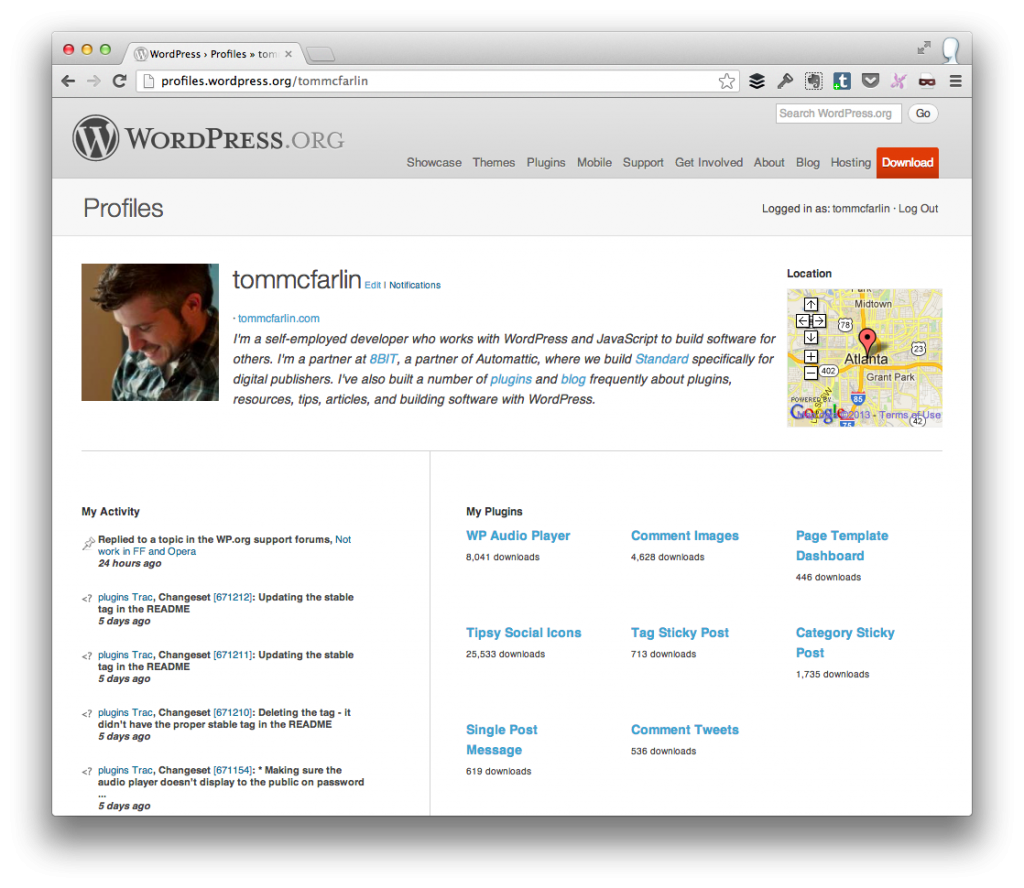Recently, I’ve been talking quite a bit about profiting from open source software, strategies for supporting WordPress plugins, and debating just how much to support to offer.
To say that I’ve been exploring business models and support offerings for my plugins would be a bit of an understatement. Clearly, this has been something that’s been on my mind for the last few months.
The thing is, this won’t be the first time that I’ve ventured into this territory. In fact, I’ve done this for two plugins – WP Social Icons and Author Admin – that I retired some time ago. Ultimately, I want to make sure that if I do this again, I do this right.
But while I’m still working on the logistics of everything, I thought it’d be worth sharing why I’m even doing this.
Quite simply: Support doesn’t scale.
TL;DR: Given that support is a function of the number of plugins offered and the number of users for each plugin, it’s clear that offering support becomes more and more time consuming with each user.
How obvious, right? Nothing groundbreaking. But that doesn’t mean that this isn’t a challenge that a number of plugin (and/or theme) developers experience on a daily basis.
My Own Experience
Currently, I offer eight plugins all of which are available in the WordPress plugin repository.

All eight of my plugins in the WordPress Plugin Repository
None of the plugins that I offer are incredibly complex and that’s by design. Much of what I’ve released has been motivated by a need that I’ve (or someone else has) had, and I firmly believe in starting lean and introducing features as the project matures.
But the complexity of a plugin doesn’t necessarily have much to do with how many times it’s downloaded, or how much support it demands. Instead, I think that it has more to do with its utility than anything else.
The problem is that in the last few months, I’ve begun to spend an increasingly significant amount of time responding to emails, blog comments, and forum posts for people that are currently using the plugins.
It’s Not a Lack of Appreciation
Ask anyone who builds software for a living: One of the most rewarding aspects of the career is hearing from those who use (and perhaps abuse) your work.
Sure, you may get some negative criticism, but the majority of the feedback that I receive are from people who:
- Enjoy the plugin, but can’t get it to work with their theme or set of existing plugins
- Want to further customize it for their own needs
- Ask about adding additional features
None of this is to say that I – or other developers – don’t appreciate our users (because we do!). But at some point, we have to draw a line for how far we’re willing to work for free.
Avoid Free WordPress Support
Sure, this is a bit of hyperbole, but the truth is that in almost no other industry will you find a parallel of someone releasing a product and then offering to support it completely free of charge.
It doesn’t matter if you go into a big box retailer, or chat with someone on the phone, everyone is being compensated for their time, and just because a project is made freely available, doesn’t mean that everything that comes with it should also be free.
Yes, I think there are certain expectations for WordPress plugins. They should:
- Be written using the WordPress API
- Follow coding conventions
- Avoid providing too much styling so as not to interfere with existing presentation
And I think that developers have some obligation to at least investigate each claim that something isn’t working right, though I question almost anything beyond that.
Moving To Premium Support
All that to say that I’ve gone from charging for support of my work, to supporting each of my plugins for free, and now I’m looking to move back to charging for support.
Perhaps I’ve learned it the hard way.
Regardless, the point of sharing all of this is not only to continue the discussion, but also to begin documenting the process of moving back to charging for support and all that it entails.



Leave a Reply
You must be logged in to post a comment.